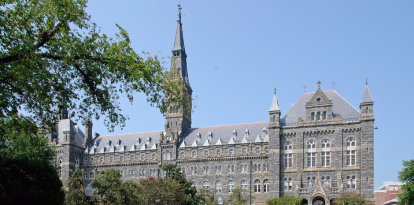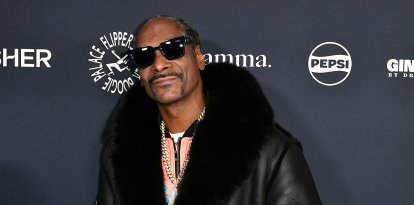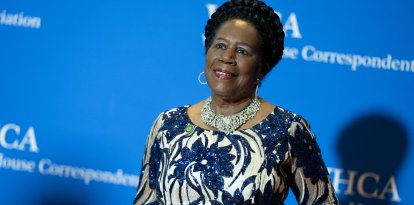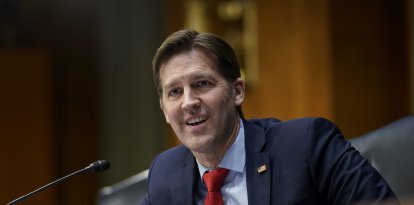Americans have lost faith in elite universities. Here is why
Less than 40% believe that the Ivy League is going in the right direction, with approval also falling on a wider scale. What is happening?
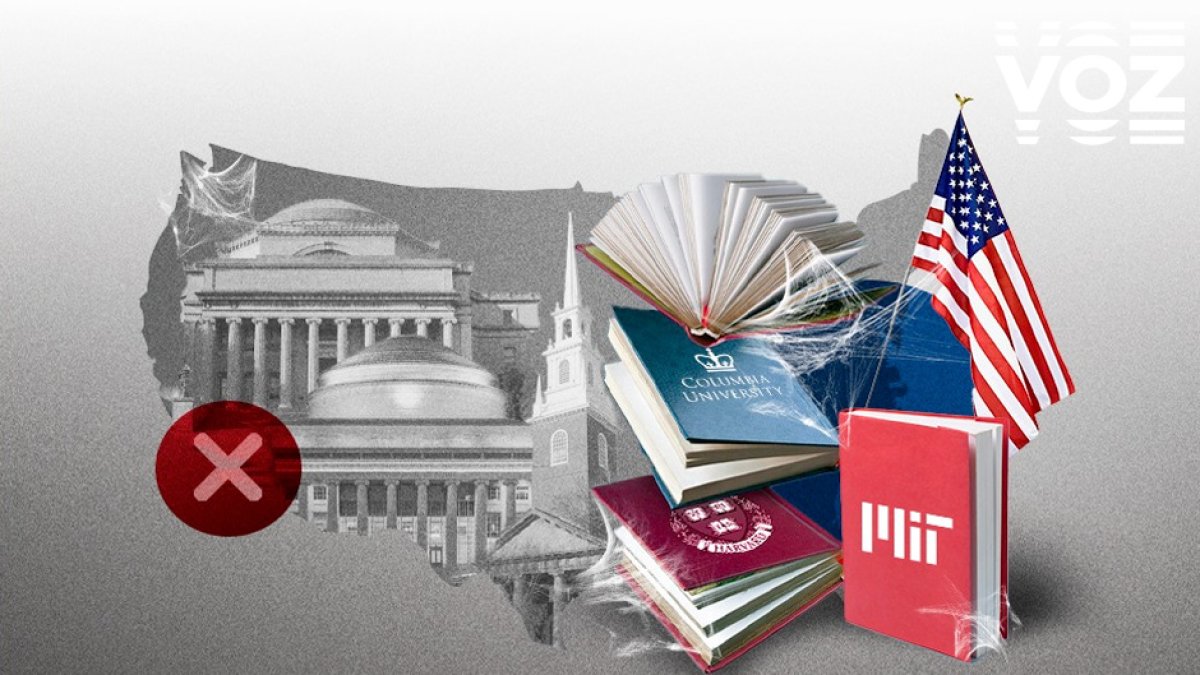
(Vos Media)
The latest major scandal involving prestigious universities in the United States involved the stance taken by the presidents of Harvard University, the University of Pennsylvania (UPenn) and the Massachusetts Institute of Technology (MIT) regarding the rise of antisemitism on campuses.
Specifically, in the context of the war in the Middle East between Israel and Arab terrorist groups, students from three of the most prestigious universities in the world have engaged in strong antisemitic rhetoric. Although it seemed like the right thing to do, university authorities have refused to sanction antisemitic students and, during a Senate hearing, in which they were rebuked, Presidents Claudine Gay, Liz Magill, and Sally Kornbluth—from Harvard, UPenn and MIT, respectively—refused to condemn the attacks against the Jewish communities at their institutions.
The controversy, , left a burning hole in these universities' reputations. In fact, for years, many journalists, analysts and columnists from outlets like The Wall Street Journal have maintained that Ivy League universities have begun an ideological drift that distanced them from academic excellence and brought them closer to identity politics and activism.
The complaint no longer only comes even from the conservative wing of American politics. More recently, and regarding the same controversy over antisemitism, two important Democratic voices, Fareed Zakaria and Bill Maher, strongly criticized the Ivy League's shift.
"America’s top universities should abandon their long misadventure into politics, retrain their gaze on their core strengths and rebuild their reputations as centers of research and learning," Zakaria said in an editorial on his CNN show.
Americans have lost faith in the Ivy League
"When one thinks of America’s greatest strengths, the kind of assets the world looks at with admiration and envy, America’s elite universities would have long been at the top of that list. But the American public has been losing faith in these universities – and with good reason," he said.
Zakaria cites a Gallup poll that reveals the sudden drop in popularity of universities. According to the survey, In 2013, 73% of Americans considered universities very important. That figure fell to 41% by 2019.
A 2018 Pew Research Center survey found that 61% of Americans believed that prestigious universities were going in the wrong direction, while only 38% believed they were headed down the right path.
Regarding Americans applying to universities, the number fell from 70% in 2017 to 62% in 2023, according to a New York Times report.
This, as Zakaria explains, no longer paints a picture of the United States as a country at the academic forefront in the world.
The commentator explains that, in large part, due to these universities' obsession with ideolog and identity, they are no longer friendly places for all thoughts and communities.
"Good intentions have been transformed into a dogmatic ideology and have turned universities into places of perverse political objectives and not of academic merits," Zakaria said.
The journalist remembers the Supreme Court case against affirmative action in 2023, when the judges repealed the principle that allowed universities to admit students not based on academic merit, but on racial quotas. In reaction to the Supreme Court's decision, universities eliminated standardized admissions tests to "achieve racial equity."
"Those who will suffer the most are the bright students from difficult backgrounds, who use these exams to prove that they are qualified," Zakaria said.
In addition to catering to fragile sensibilities, universities now try not to fail their students. A New York Times report this winter revealed that nearly 80% of Yale students get As on their exams.
Along these lines, most prestigious universities have developed practices to safeguard their students' emotions. Consequently, as Greg Lukianoff and Jonathan Haidt write in The Atlantic, schools have established "speech codes" that prohibit the use of words or expressions that some students or communities might consider offensive.
Quoting activist Van Jones, Zakaria says: "Universities should be physically safe, but intellectually unsafe."
'They are educating a bunch of idiots'
In conversation with Greg Lukianoff, lawyer, journalist and president of the Foundation for Individual Rights and Expression (FIRE), commentator Bill Maher addressed the case of elite universities.
"I am always on the side of free speech. And, of course, there are limits, like violence; but what bothers me is the double standard," Maher told Lukianoff.
"Today they say f*** the Jews! Could you imagine if they said that about any other group? I can't think of any other group you could say f*** them, and that would be acceptable," he said.
Lukianoff responded that the double standard on campuses is terrifying, but that it is a natural consequence of the policies that universities have been implementing for years.
"If you actually enforced those policies against everybody, they wouldn't last a second," Lukianoff added.
What have universities done to themselves?
In a column in The Wall Street Journal, writer Peggy Noonan delves into the issue of universities losing their academic credibility, pointing out: "Regular people used to imagine what a university looks like—rows of gleaming books, learned professors, an air of honest inquiry. That isn’t now a picture the public can see. Now it’s something else, less impressive, less 'moving.' Less important to our continuance as a people."
Noonan claims that "the elites who run our elite colleges are killing their own status."
"They are also lowering the esteem in which college graduates are held," she writes.
Today, students are no longer encouraged to assimilate, read, learn, relate, imagine, empathize or judge. Instead, the demand is to "internalize a certain vision of the world and repeat like parrots."













